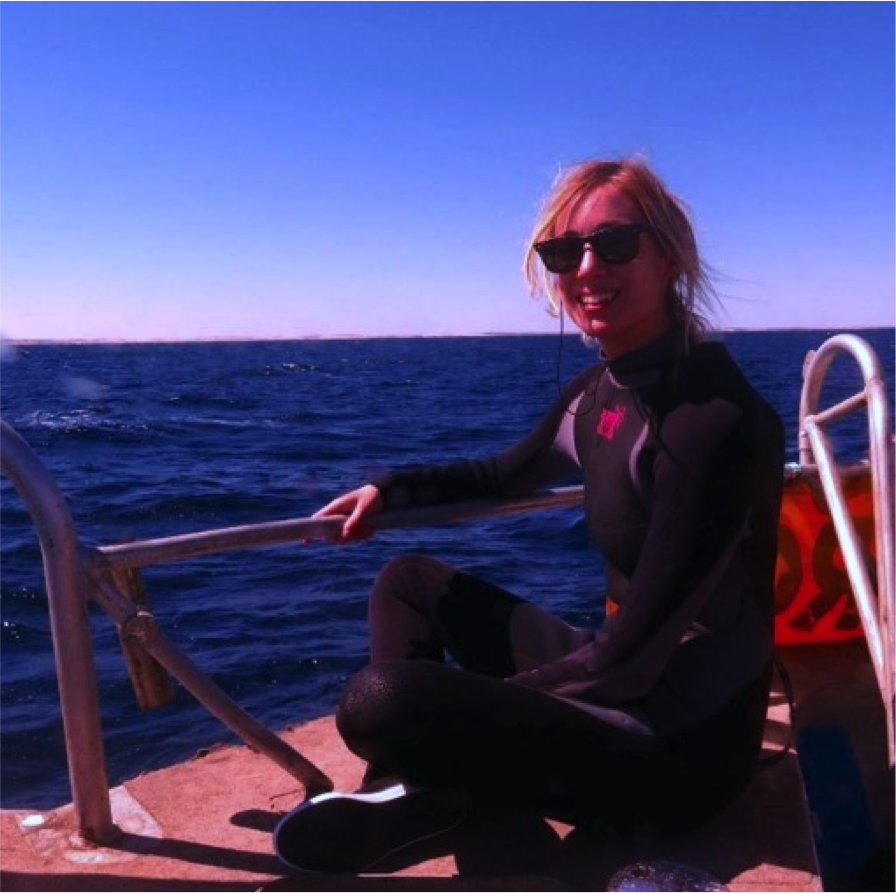Behaviourally mediated trophic cascades
 Fishing is rapidly removing sharks and other large predators from coral reefs, but at present we lack a complete understanding of the ecological role of these predators in such environments. It is known that sharks are likely to exert strong ecological effects either directly through prey consumption, or indirectly by inducing antipredator-or “risk effects”- behaviours in their prey. However, little is known about the behavioural mechanisms driving risk effects behaviours. My research uses a series of innovative experiments involving life-size models of large predators to simulate predation risk and to quantify a suite of risk effect behaviours in reef fishes. These experiments are a critical first step in understanding the impacts of predator removal and the mechanisms that drive trophic cascades in coral reef ecosystems.
Fishing is rapidly removing sharks and other large predators from coral reefs, but at present we lack a complete understanding of the ecological role of these predators in such environments. It is known that sharks are likely to exert strong ecological effects either directly through prey consumption, or indirectly by inducing antipredator-or “risk effects”- behaviours in their prey. However, little is known about the behavioural mechanisms driving risk effects behaviours. My research uses a series of innovative experiments involving life-size models of large predators to simulate predation risk and to quantify a suite of risk effect behaviours in reef fishes. These experiments are a critical first step in understanding the impacts of predator removal and the mechanisms that drive trophic cascades in coral reef ecosystems.
About me
I grew up in the UK where I completed my Bachelor of Science with Honours (Biology) at the University of York. After graduating, I moved to Perth to complete my Masters, which focussed on conducting population estimates for whale shark aggregations at the Ningaloo Reef. I have a board interest in all aspects of shark biology and behavioural ecology, but my PhD focuses on indirect predator-prey interactions and how we can use behaviour to help identify the ecological role of sharks in coral reefs.
Supervisors
Dr. Tim Langlois (UWA), Dr. Mark Meekan (AIMS), and Prof. Gary Kendrick (UWA)
Contact
Indian Ocean Marine Research Centre
School of Biological Sciences (M470)
35 Stirling Highway, Crawley WA 6009</p>
emily.lester@research.uwa.edu.au
+614 5638 7038
ResearchGate
